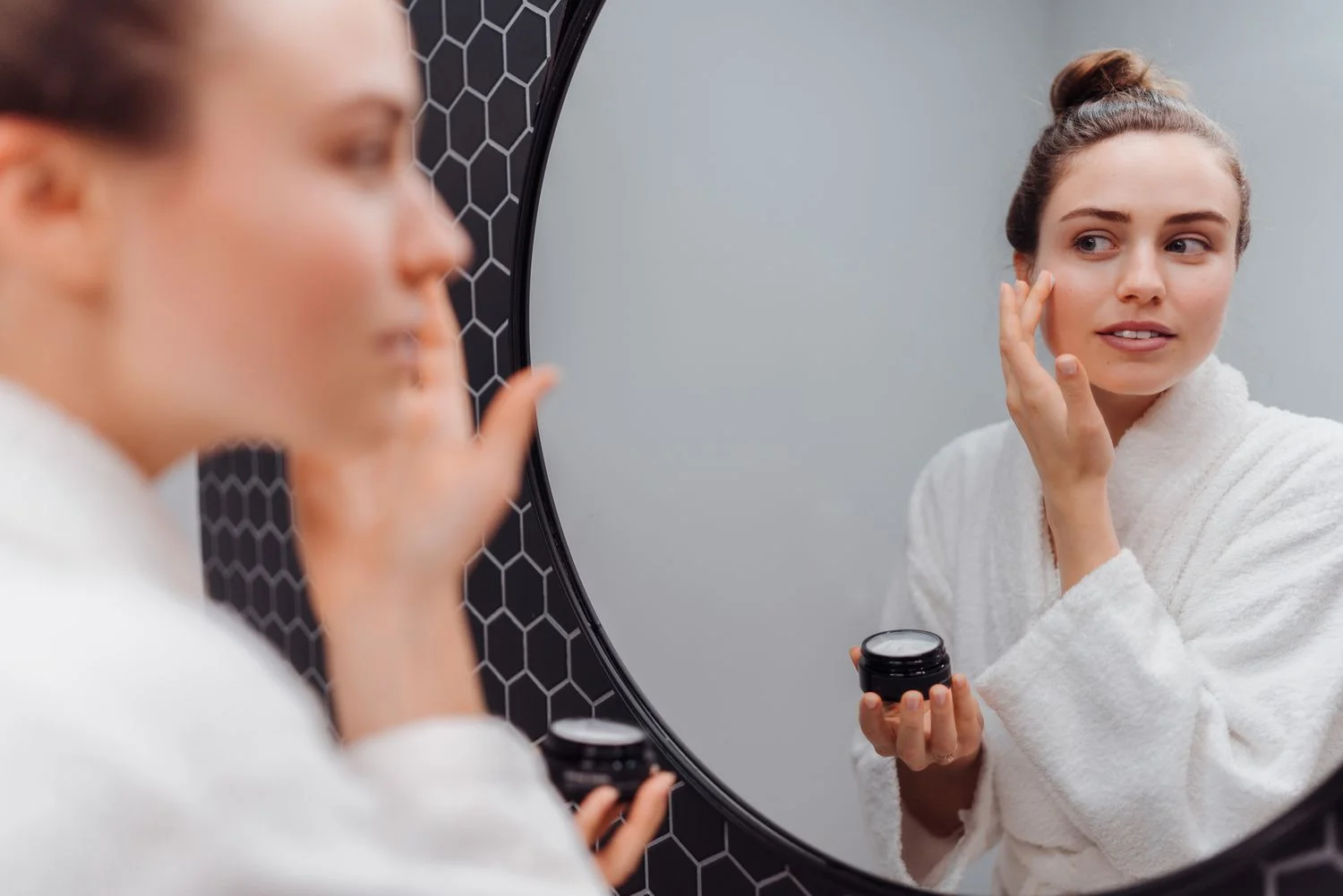How to Choose the Right Cleanser

When it comes to skincare, cleansing is the foundation of a solid routine. A good cleanser not only removes dirt, oil, and makeup but also prepares your skin to absorb the benefits of other skincare products. But with so many options available, how do you know which cleanser is right for you? Let’s break it down and make the process easier, so your skin gets the care it deserves.
1. Understand Your Skin Type
Your skin type is the most important factor when selecting a cleanser. It’s crucial to know whether your skin is dry, oily, combination, or sensitive, as each skin type requires specific care.
– Oily Skin: Look for a gel or foaming cleanser that helps break down excess oil without stripping the skin’s natural moisture.
– Dry Skin: Choose a cream-based or hydrating cleanser that will clean your skin without causing it to feel tight or irritated.
– Combination Skin: Opt for a balanced, gentle cleanser that won’t overly dry out your T-zone but still addresses dryness on other parts of your face.
– Sensitive Skin: A mild, fragrance-free cleanser is your best bet. Gel or cream formulas that are hypoallergenic and non-irritating can cleanse your skin without causing discomfort.
If you want to know more details about your skin type, you can check this link: How to Understand Your Skin Type?
2. Ingredients Matter
While browsing for cleansers, pay attention to the ingredients list. Opt for mild, non-stripping formulas that won’t disrupt your skin’s natural barrier.
– Gentle Surfactants: Ingredients like glycerin, ceramides, or fatty acids help cleanse while nourishing and maintaining hydration.
– Avoid Harsh Ingredients: Stay away from cleansers with alcohol, parabens, or sulfates, which can irritate and dry out the skin.
– Additives for Targeted Benefits: If you have specific skin concerns (such as acne, pigmentation, or aging), look for cleansers that contain ingredients like salicylic acid (for acne), vitamin C (for brightening), or hyaluronic acid (for hydration).
3. Consider Your Skin’s Needs
If you struggle with specific skin issues, a targeted cleanser can be an essential part of your skincare routine. For example:
– Acne-Prone Skin: Choose a cleanser with acne-fighting ingredients like salicylic acid, benzoyl peroxide, or tea tree oil. These help unclog pores and reduce inflammation.
– Anti-Aging Needs: Look for cleansers with antioxidants like green tea or vitamin C. These help combat free radicals and support skin repair.
– Sensitive Skin: If your skin is prone to redness or irritation, opt for a calming, fragrance-free cleanser with aloe vera or chamomile to reduce inflammation.
4. Test Before You Commit
Before buying a new cleanser, it’s always a good idea to test it. Apply a small amount to your jawline or wrist to see how your skin reacts. If you notice redness, itching, or a burning sensation, the product may not be suitable for you. Patch testing helps avoid unexpected reactions and ensures you’re making the right choice for your skin’s health.
5. The Right pH Balance
Your skin’s natural pH is slightly acidic, usually around 4.5 to 5.5. Using a cleanser that is too alkaline (or too acidic) can disrupt this balance and lead to dryness or irritation. Look for products that are pH-balanced, as they will cleanse your skin without stripping its natural oils.
6. Choose a Cleanser That Fits Your Routine
Cleansing is just one part of your overall skincare routine, and the right cleanser should work in harmony with the rest of your products. Whether you’re using a toner, moisturizer, or serum, make sure your cleanser prepares your skin to absorb the benefits of these other treatments.
7. Don’t Over-Cleanse
One of the most common skincare mistakes is over-cleansing. Washing your face multiple times a day or using a cleanser that’s too harsh can lead to dryness and irritation. Ideally, you should cleanse your skin twice a day—once in the morning to remove sweat and oils built up overnight, and once at night to remove makeup, dirt, and pollutants.
Conclusion: The Power of a Good Cleanser
Choosing the right cleanser is more than just picking the most popular product on the shelf. It’s about understanding your skin’s unique needs and finding a formula that nourishes, hydrates, and cleanses effectively. By considering your skin type, the ingredients, and your overall skincare routine, you can ensure that your skin receives the care it deserves.
For expert advice and personalized skincare recommendations, don’t hesitate to reach out to Dr. Afnan H. Tanna, a dermatologist with extensive experience in skincare. With a deep understanding of skin health, Dr. Afnan is committed to helping you make the right decisions to achieve your healthiest, most radiant skin.
For more information, Email us at: askdrafnan@gmail.com





I’m truly enjoying the design and layout of your site. It’s a very easy on the eyes which makes it much more enjoyable for me to come here and visit more often. Did you hire out a designer to create your theme? Superb work!